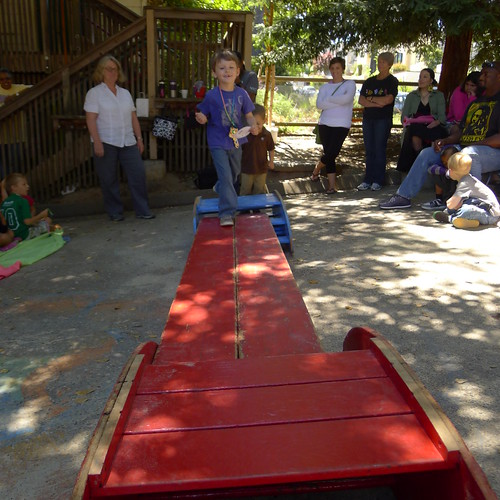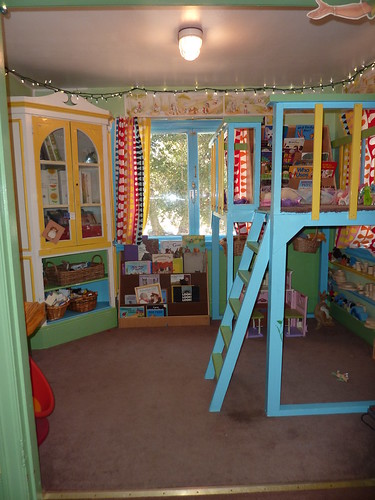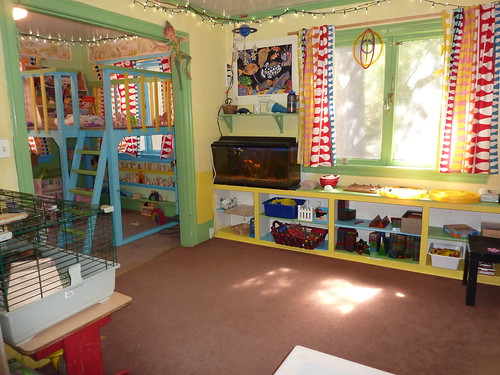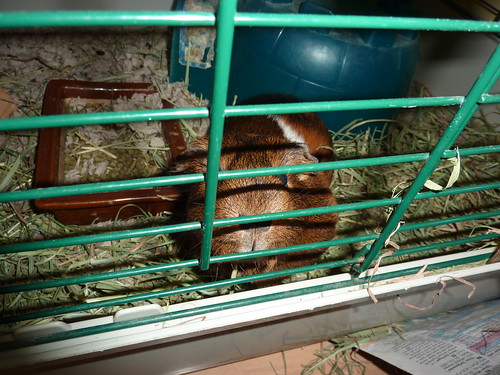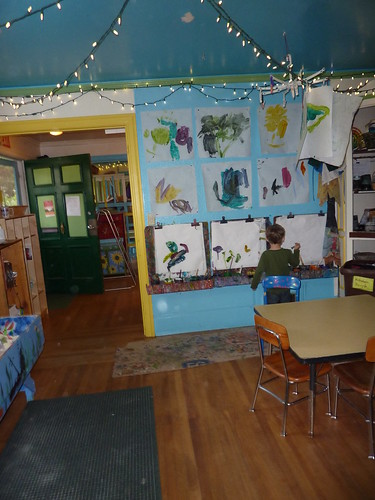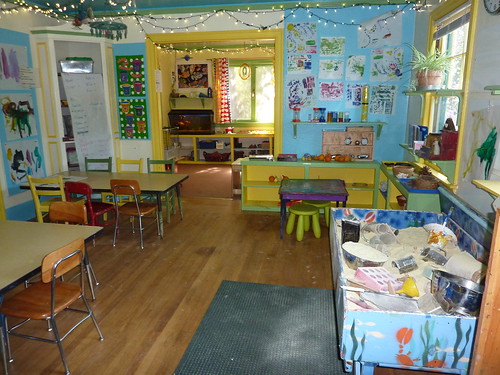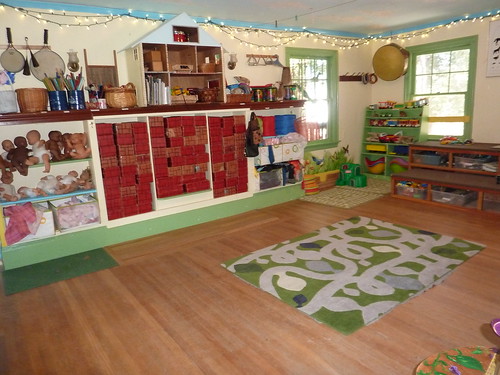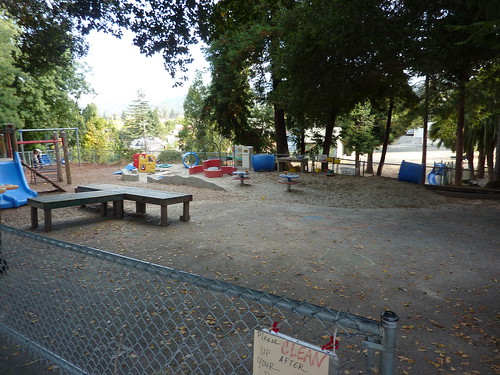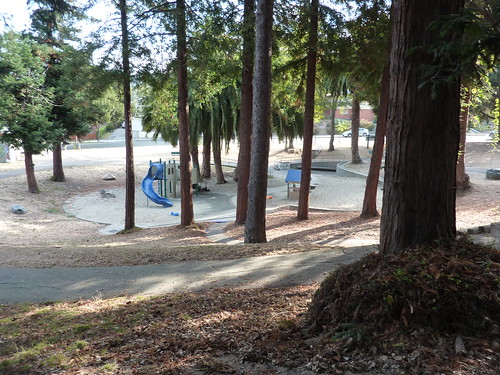Kindergartner!
So where were we? I think in my last post about UMCS I said that Robin was having a tough time with the transition to a UMCS “lower elementary” classroom. The Montessori lower elementary classes are mixed-age, first through third graders, and Robin was the youngest in the class by quite a bit. His teacher thought that he was prepared for the work academically, but she also said that “Robin doesn’t really have a peer group in this classroom.”
And Robin himself was really, really clear that he wanted to move. “I want to be with the little kids and do little kid things,” he said. “I want to be in a different classroom. I want to go to kindergarten.” He said the same thing over and over in different ways. So I thought, you know, my kid is telling me as clearly as he possibly can what he wants for himself.
And here’s what I think. In Nature’s justice system, Robin has not been guaranteed a jury of his peers, nor has he been vouchsafed an impartial judge. The universe is cruel and it can be very quick to render a verdict. There are no indivisible rights. But in this system Robin has been outfitted with an advocate—one person who will put his needs above literally anything else in the cosmos. And that’s me.
I think he needs to learn that the world won’t always rearrange itself to suit him. But you know what? Sometimes—if he’s clear about his terms and he sticks to his guns—it will.
So I decided to fight this one for him. I scheduled another meeting with his teacher, and then a meeting with the administration, and basically it came down to everybody agreeing: Robin is an edge case. If he “stuck it out” in the lower-el classroom he would probably learn a lot, and the older kids would mentor him…but it would be a rough transition. If he moves to the kindergarten classroom, he probably won’t make a lot of progress academically over the course of the year, but he’ll get a lot more social and emotional support.
And I said: Robin knows what he wants. I don’t think he should get the only vote in this decision, but I think he should get a vote, and in this case probably the deciding vote.
So it’s agreed! Robin moves to kindergarten, starting next week. He’s really happy with the news, especially since one of his friends from preschool is already in that class. I think it’s going to make everything much happier for him. And I’m very pleased with UMCS for being so flexible and for sincerely doing their best to meet Robin’s developmental needs.
